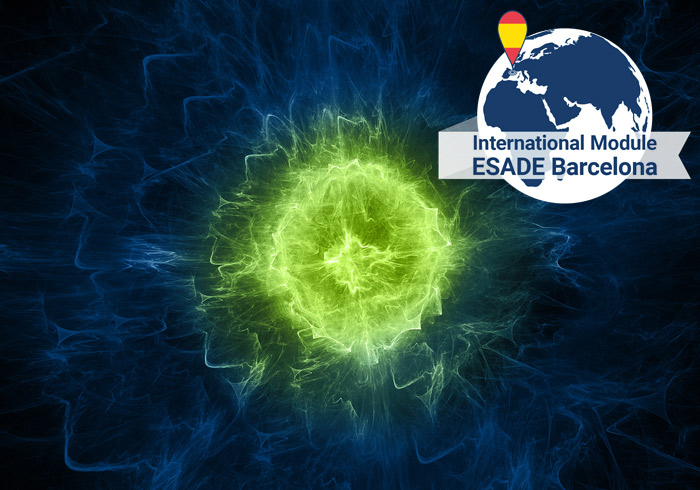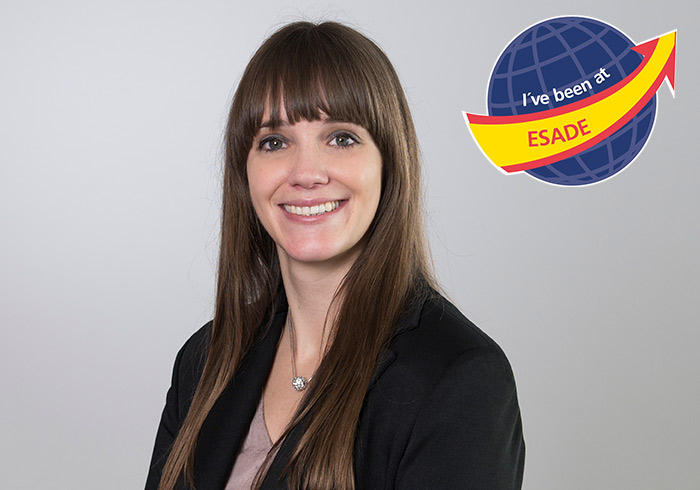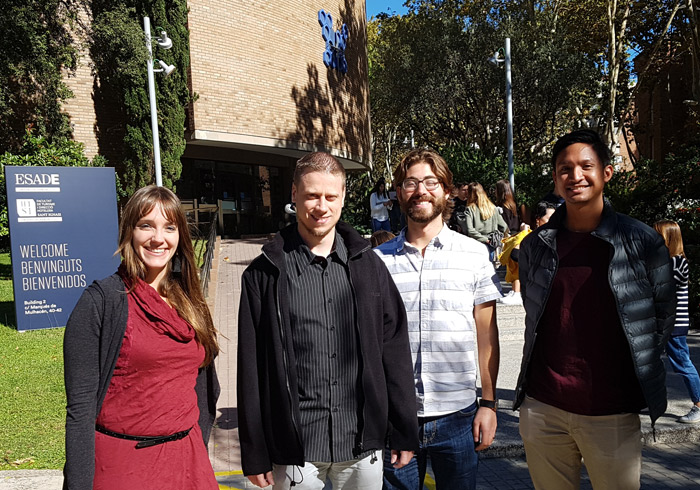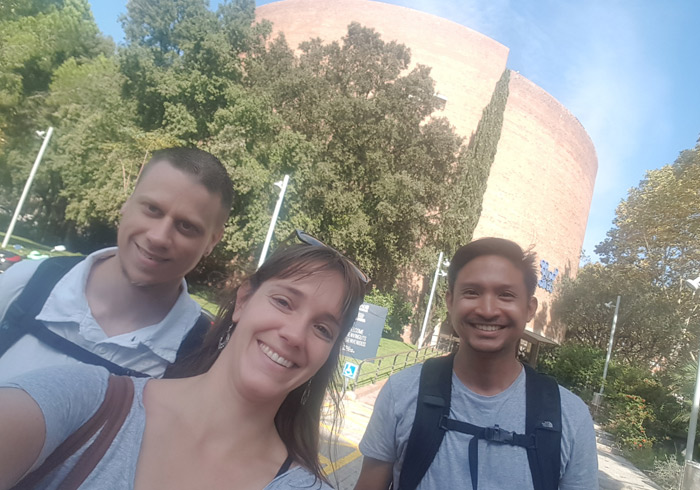Interview with Marion Lang
What were your goals when you started the Energy Engineering & Management Master’s program – both professionally and personally?
I "just" wanted to do a Master’s degree so that I could keep all possible avenues open for myself in the future – be it as a specialist or an executive. Since my Bachelor's degree only addressed the technical side of things and I realized that it would be good to become familiar with other aspects, I opted for this program – a mix of the energy industry that I'm familiar with and management topics.
Did you reach your goals? Did you learn something that you didn't expect to?
I attained my Master’s degree and, since I tend to focus on one goal at a time, I haven't yet achieved another.
Which professional challenges do you think you're better equipped for now? Are there any tangible successes that you've achieved professionally through your Master’s degree?
From a technical point of view, I've thought very far outside the box. This advances me in my current position as I don't just see my work, but rather the big picture – in this case, the energy revolution with all its challenges. This helps me recognize connections and incorporate them into daily activities.
If I do decide to take the executive path, I feel that I'm better prepared than with my Bachelor's degree, because I've gained good insight into tasks that you can't just learn; things like how a company finances itself, what matters, and how a business is structured.
How did you find the support – both from a technical perspective through the lecturers, and organizationally through the study mentors?
The selection of lecturers was a good mix. This allowed me to get different perspectives on the same or similar topics. The lecturers were challenging for the most part and tried to teach us as much as possible in the shortest amount of time possible.
If something had to be further explained, someone was always there to help. I personally felt very comfortable and was always assisted.
How was the exchange with your fellow students?
There were only 4 of us from vastly different parts of the globe, so it was a very nice and exciting time getting to know each other. It was overall a fantastic, international exchange.
In your opinion, what are the biggest challenges for your company/your industry as a result of the energy revolution?
My company is not just part of it, we're slap bang in the middle of the energy revolution; starting with generation through to distribution and all the way to increased consumption, for example through e-mobility. Juggling all of this while driving everything forward at the same time – expanding the network, expanding the EEG, and expanding broadband. Not only in the electricity sector, but also in the gas sector and, ultimately with digitization – managing all of this simultaneously is the greatest challenge.
How was your study-abroad module at ESADE in Barcelona? What did you learn there?
The study-abroad module was one of the toughest yet ultimately one of the best modules. We all lived together, which brought us even closer as a group. We received a warm welcome at ESADE, the environment was great, and the Spanish and Catalan mentality made the time there very special.

The energy transition is associated with many challenges which require special skills and knowledge. Energy Engineering and Management covers all these aspects providing the skills to successfully face the evolving working environment.
Brighten Your Career
Read through interviews & voices of our HECTOR School alumni on why HECTOR School is unique, and how it fostered their careers.
Find out more



